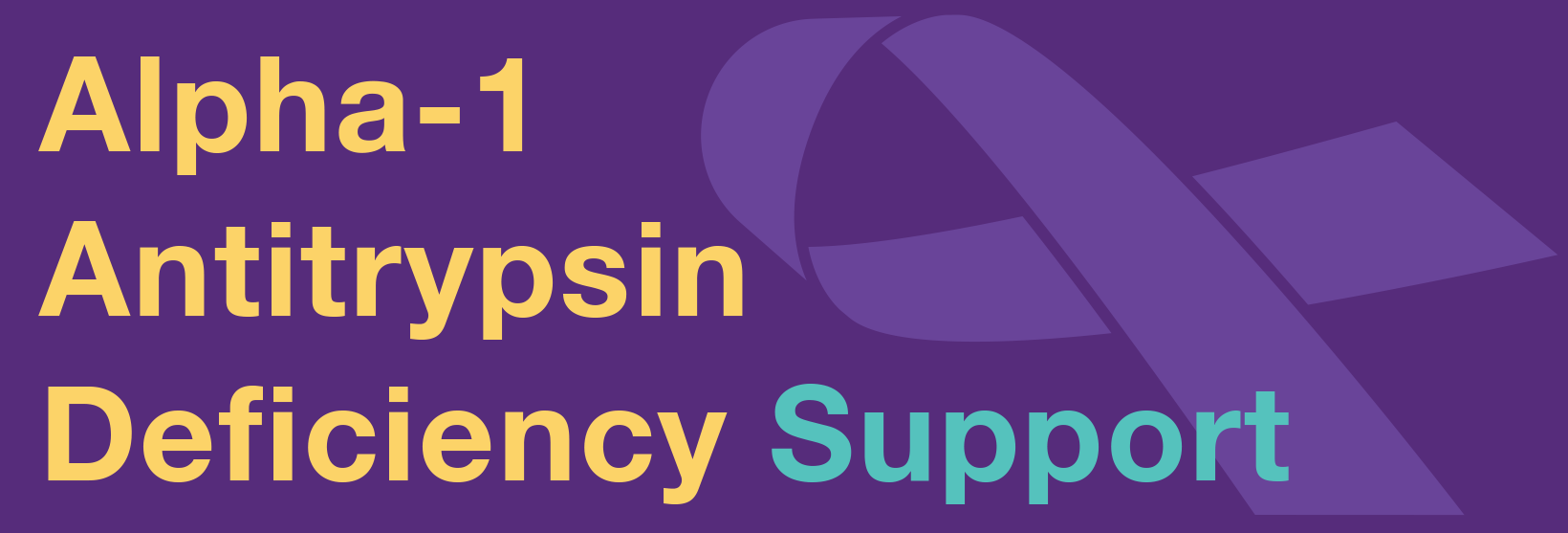
Alpha-1 Antitrypsin Deficiency, or Alpha-1, is an inherited, genetic condition that is passed on from generation to generation. It is characterized by a reduced level in the blood of a particular protein called alpha-1 antitrypsin, abbreviated as AATalpha-1 antitrypsin More. Virtually all the alpha-1 antitrypsin in the blood is produced in the liver. In individuals with Alpha-1, the decreased levels of AATalpha-1 antitrypsin More are the result of abnormalities in the AATalpha-1 antitrypsin More gene. This abnormality causes the AATalpha-1 antitrypsin More to function poorly, to be poorly manufactured, or most commonly, to be poorly released from the liver cells.
Important facts about Alpha-1:
- It is a genetic disorder that leads to low or undetectable levels of AATalpha-1 antitrypsin More
- May cause lung disease in adults
- May cause liver damage that gets worse over time in adults, children and infants
- Often goes undetected for years
- Can be treated, but cannot be cured without a liver transplant
- Is easy to find through a blood test
Alpha-1 Antitrypsin Deficiency is not a disease. Instead, it is more accurately described as a condition or a disorder that increases the risk of developing disease, particularly of the lungs and the liver.
Introduction to Alpha-1 – Big Fat Reference Guide
Resources
- Alpha-1 Foundation
- AlphaNet USA
- AlphaNet Canada
- Alpha-1 UK Support Group
- Alpha-1 Association of Australia

